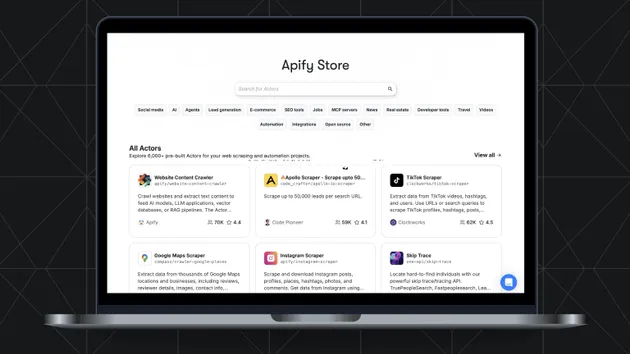Backup MySQL Database - Google drive Integration
Pricing
Pay per usage
Backup MySQL Database - Google drive Integration
Effortlessly back up your MySQL database with our Apify actor. It securely connects to your database, generates full SQL backups, and stores them on Google Drive, FTP servers, or Apify Key-Value Store. Ensure data safety with seamless storage and sharing options tailored to your needs.
5.0 (1)
Pricing
Pay per usage
2
5
1
Last modified
4 months ago





